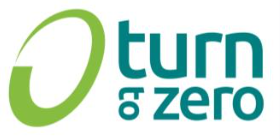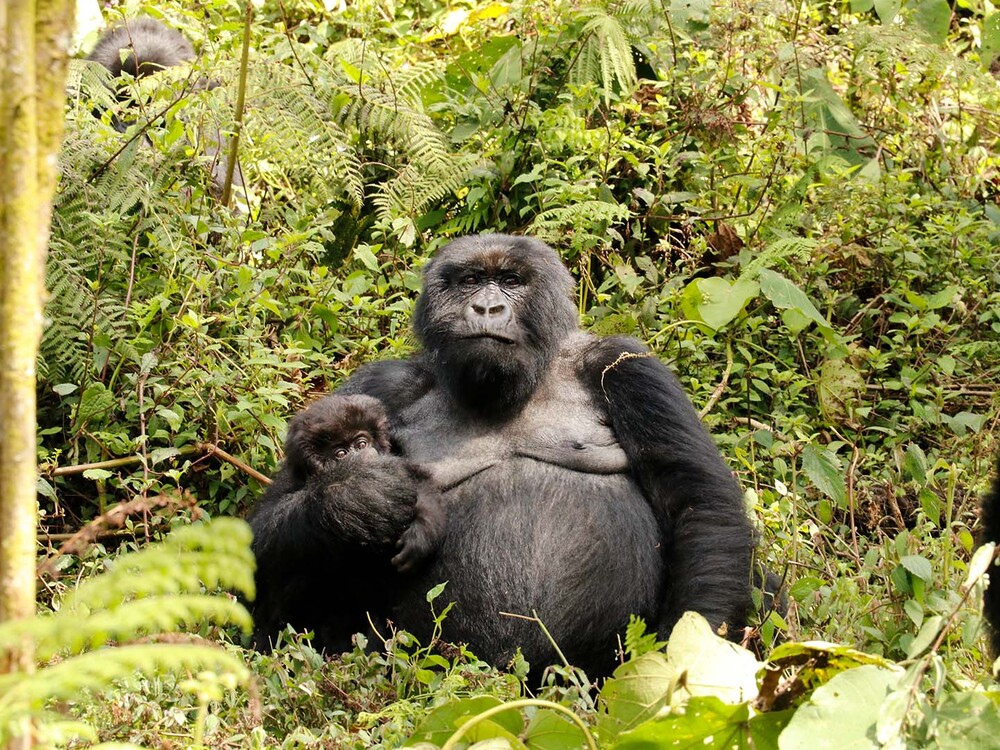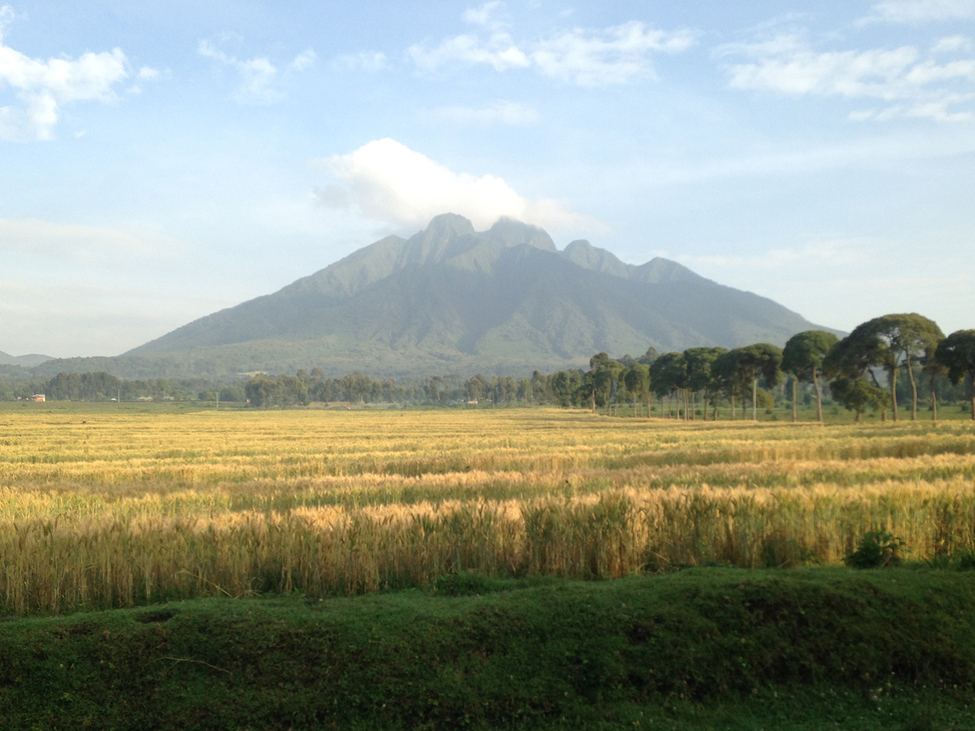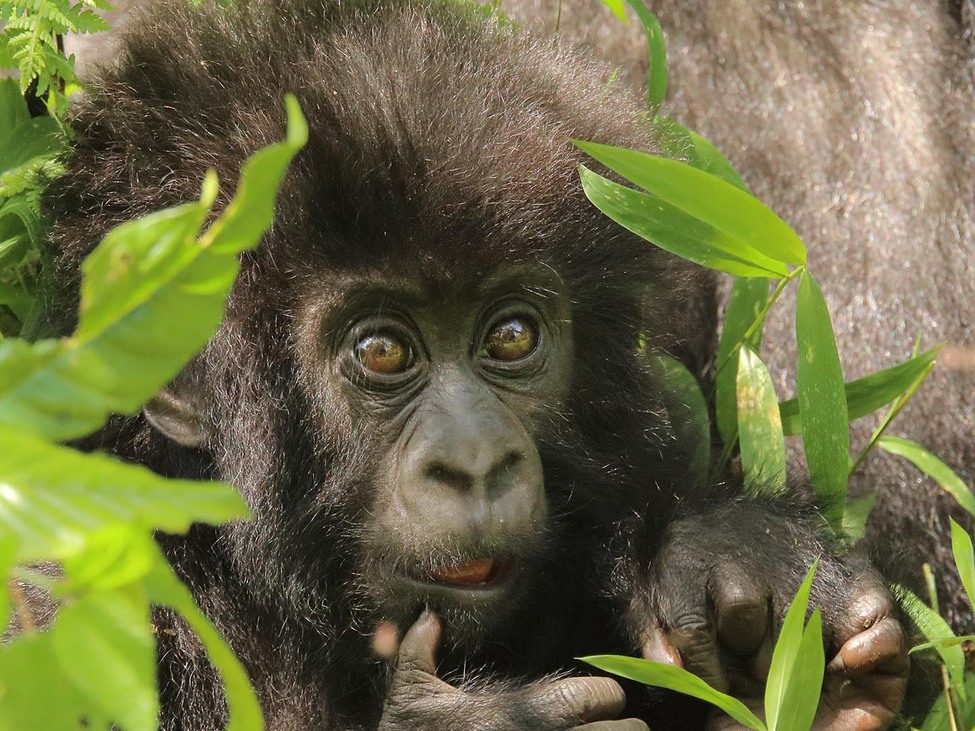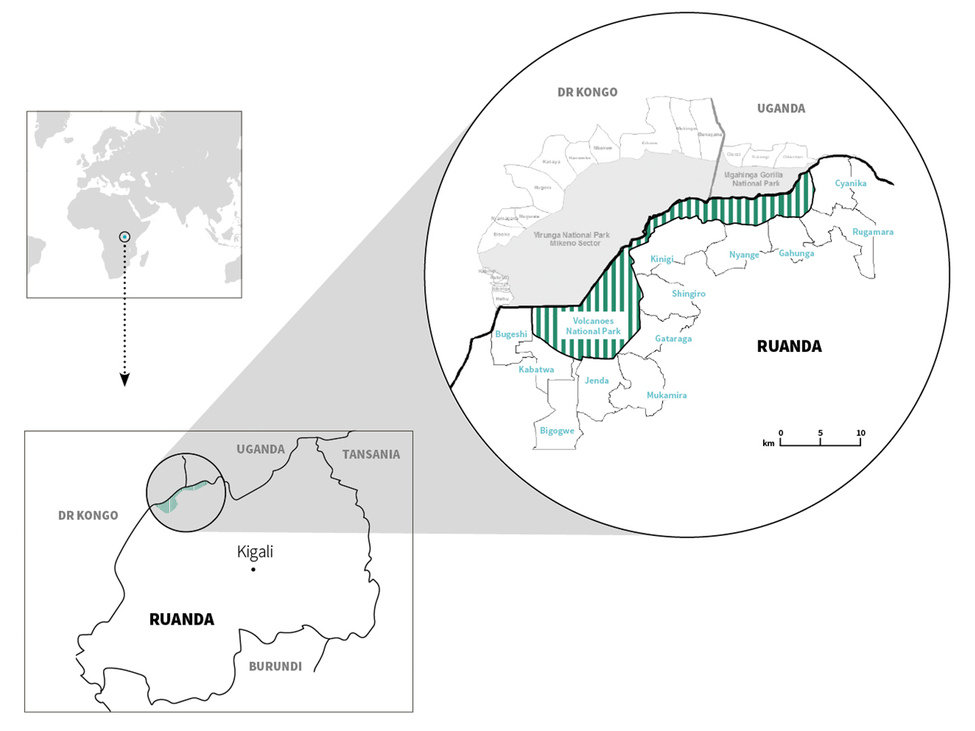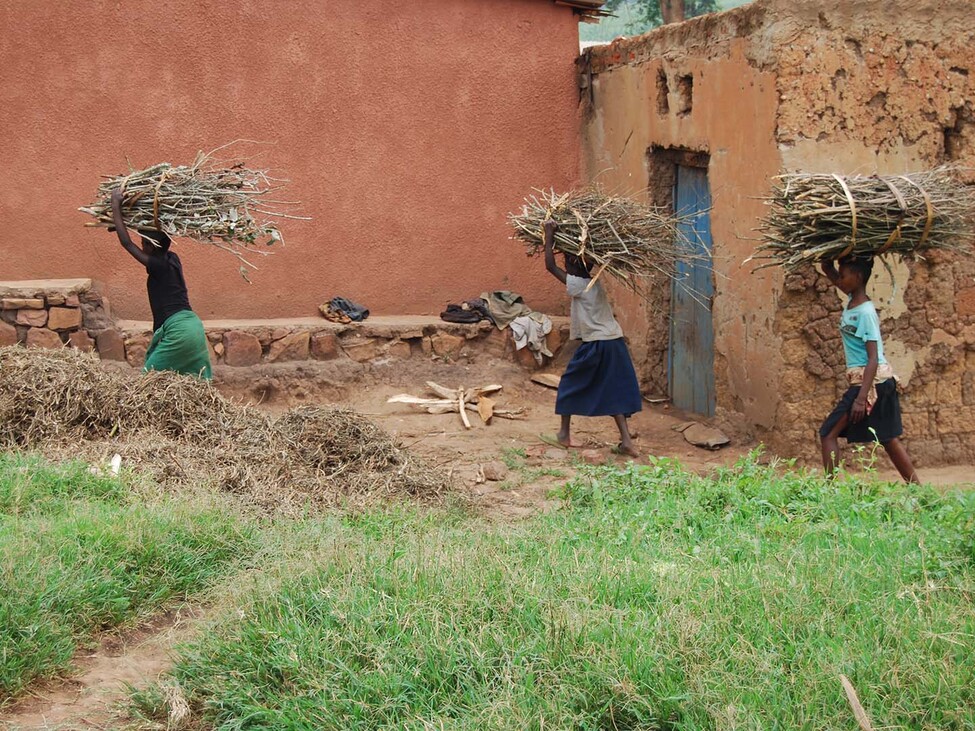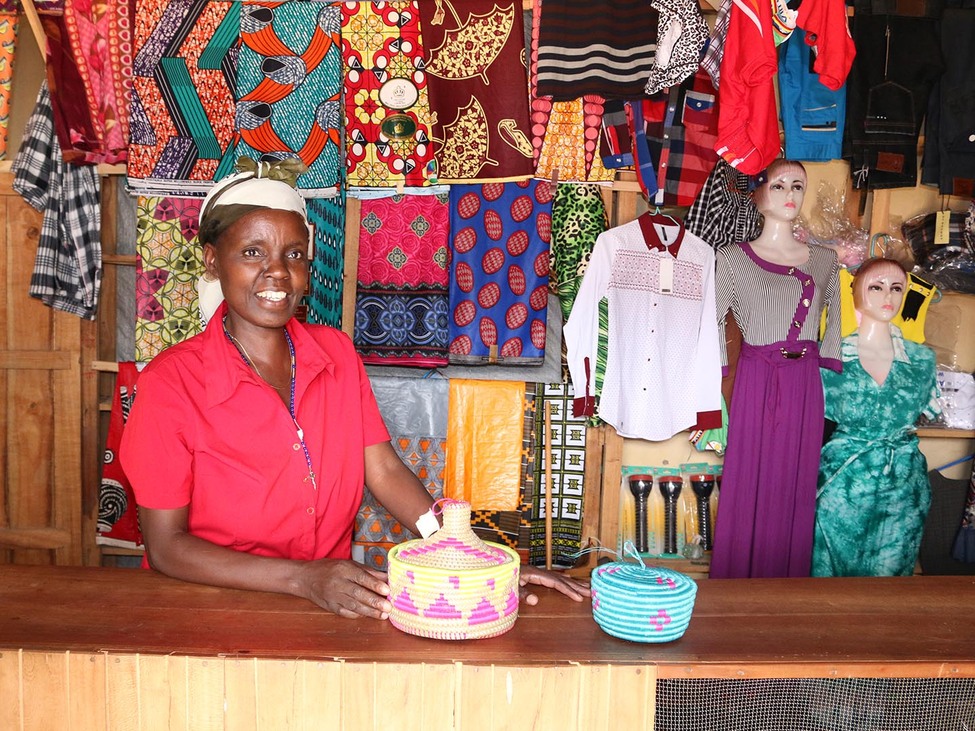Project facts
Project type: Energy efficiency, agriculture and forestry
Project location: Rwanda
Project standard: Gold Standard VER
Annual emission reduction: 38.000 t
Project start: January 2019
A reduction in the use of firewood means habitat for animals, less deforestation, reduction in greenhouse gases being released into the atmosphere, more time and money, and improved health for women and girls in Rwanda! This can be achieved with the subsidised sale of energy efficient cook stoves to families around the Volcanoes National Park in North-West Rwanda.
